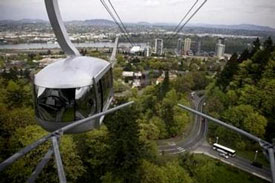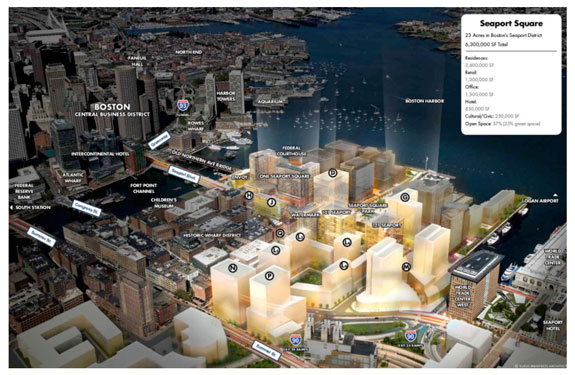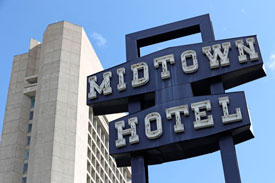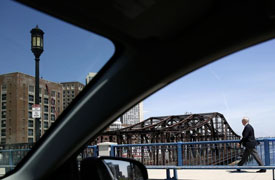Would you ride it if they built it? Now that is the question. To tell you the truth, I personally don’t have an answer. If it was efficient and saved time, absolutely.
From the Boston Globe:
The Boston Planning and Development Agency “is planning to spend $400,000 studying transit options in a neck of Boston that has become so difficult to access that some are suggesting sailing over clogged streets…The study will likely take more than a year, and consider whether additional bus, rail, ferries, bike-share, and ride-hailing services can help. And it will also look at the polarizing proposal to run cable cars far above Summer Street as part of an aerial gondola system…The gondola proposal might sound fanciful, but a major development firm is willing to cough up $100 million for it.”




